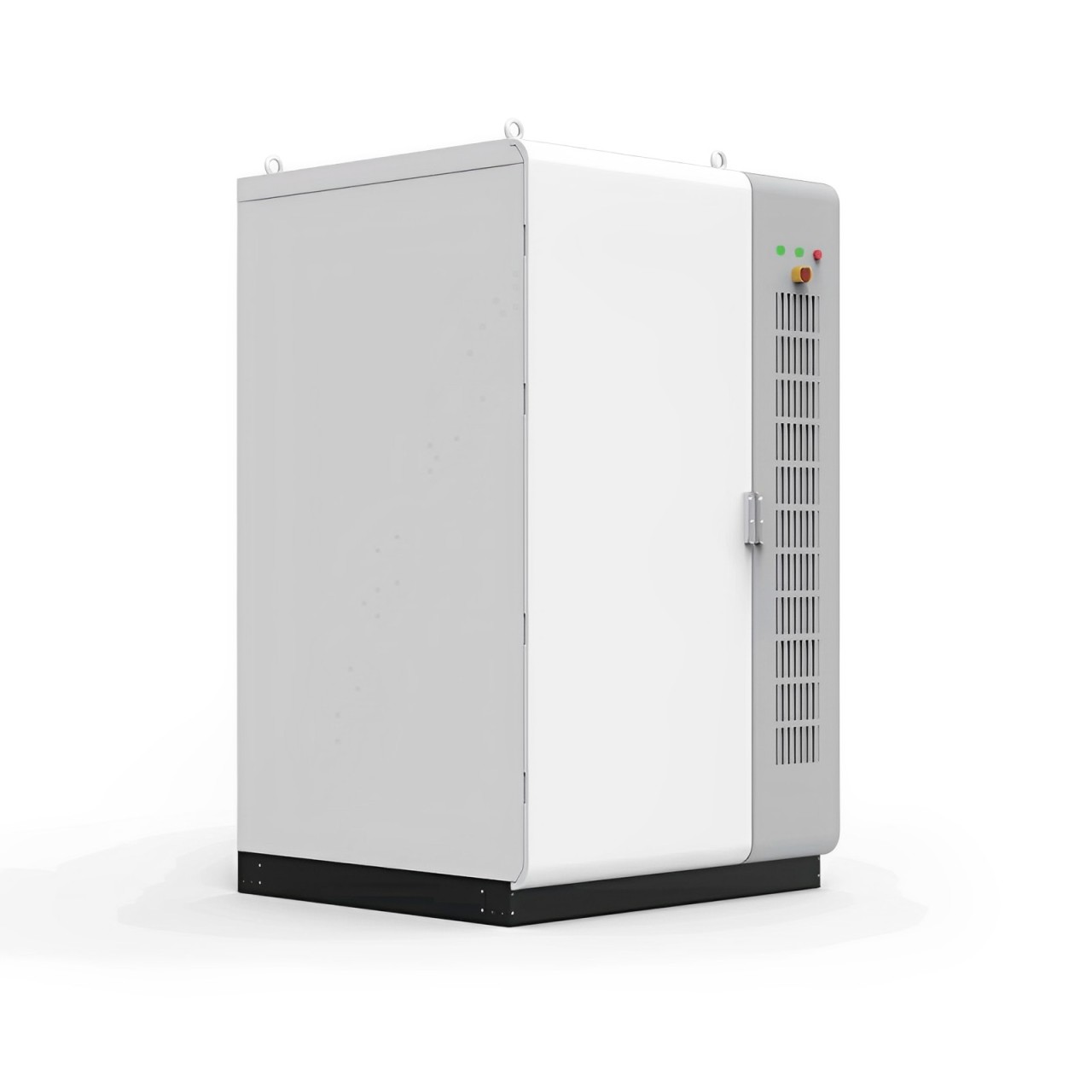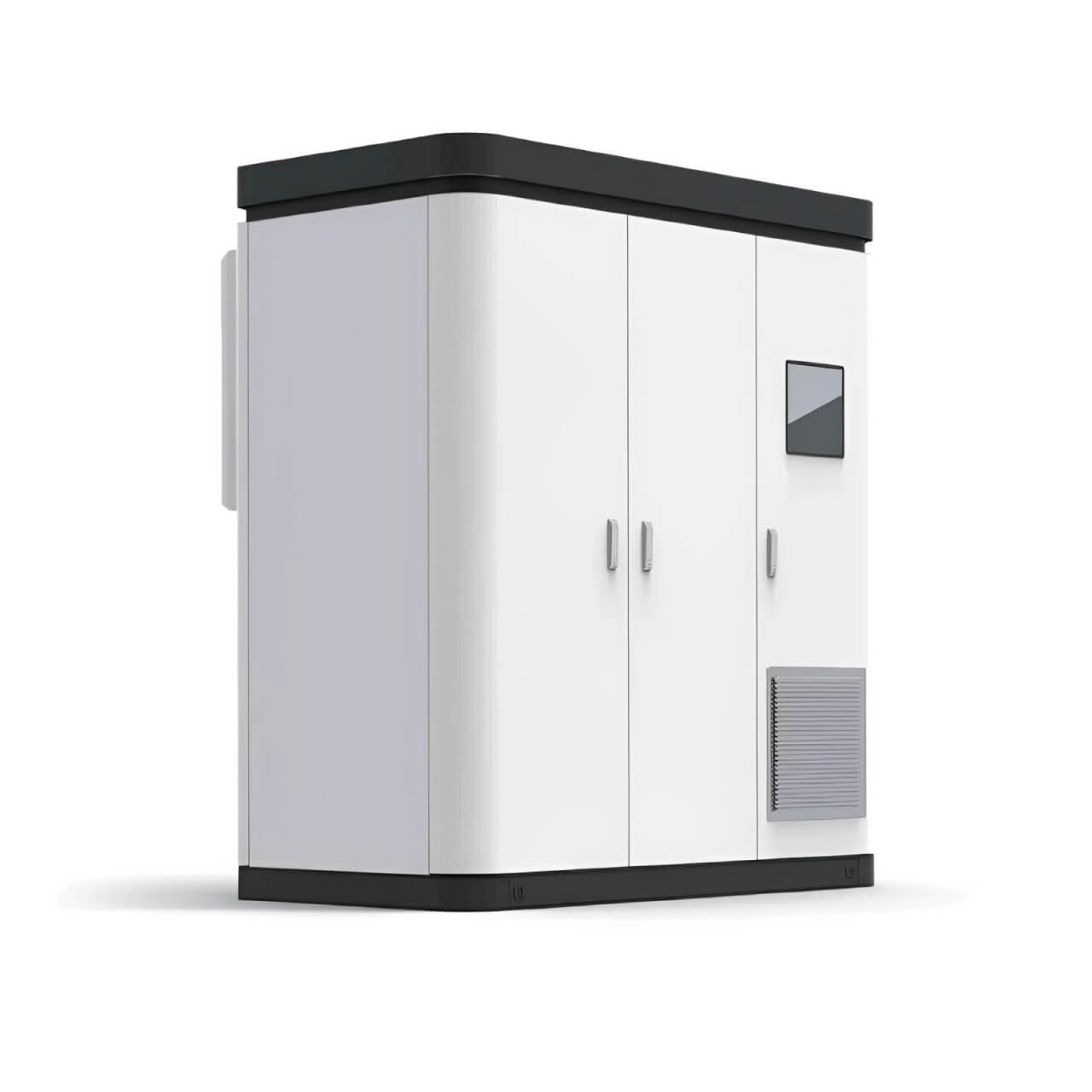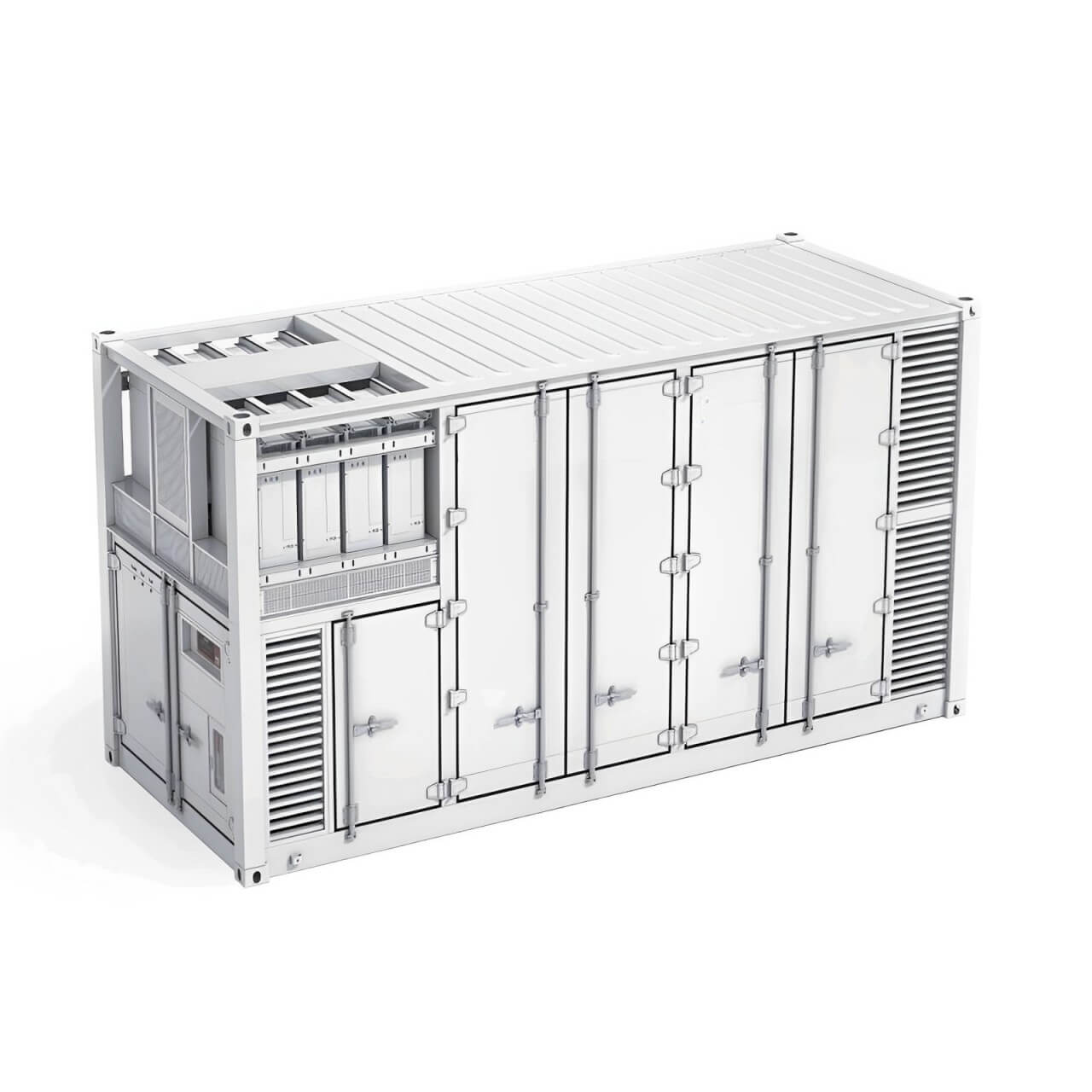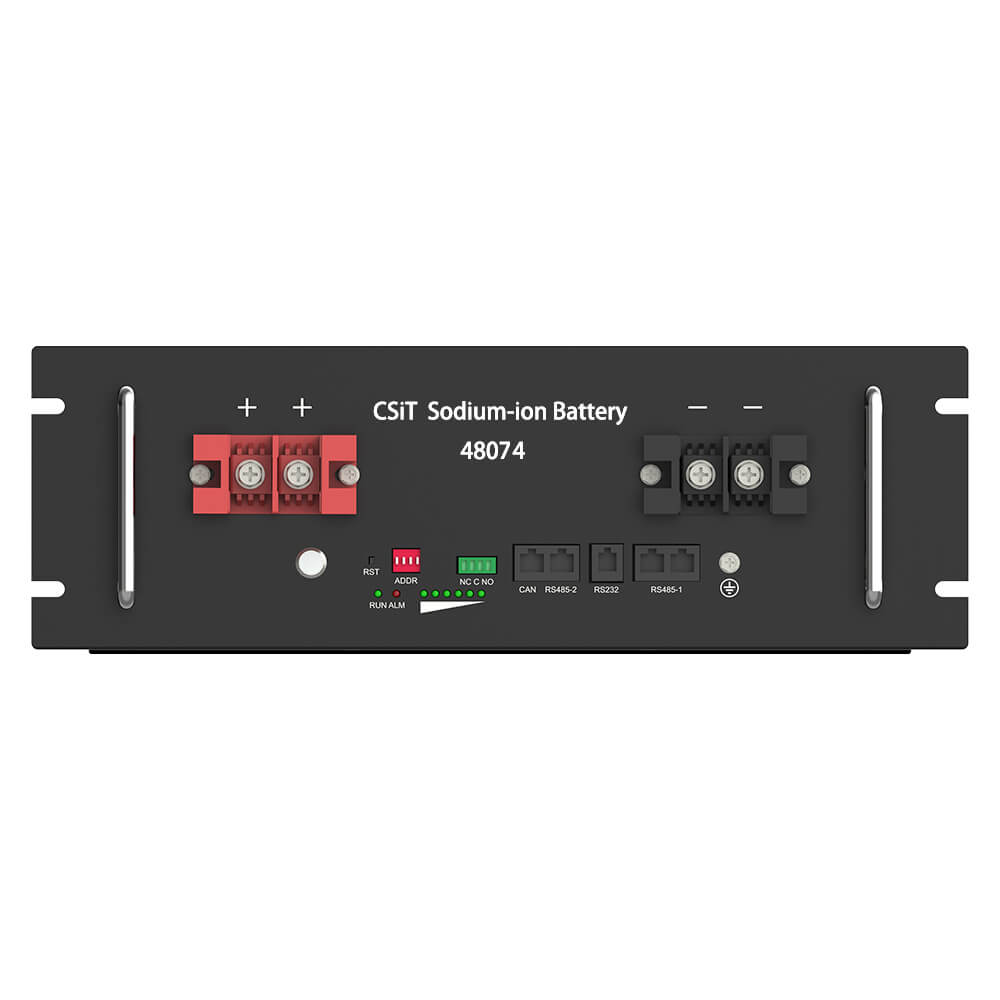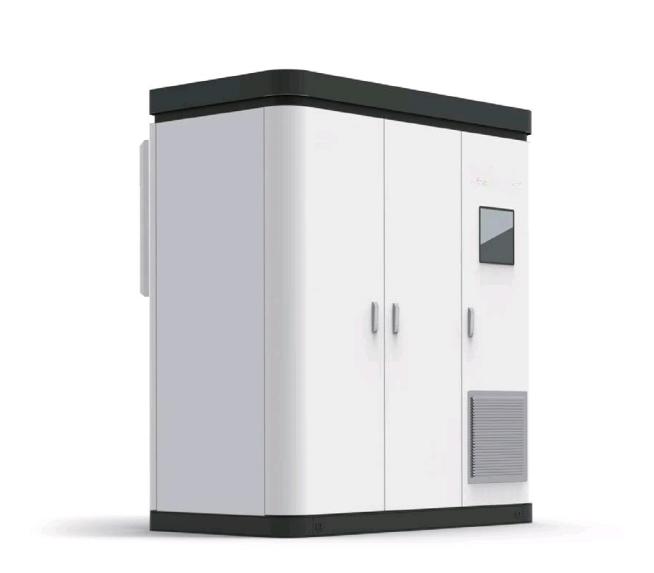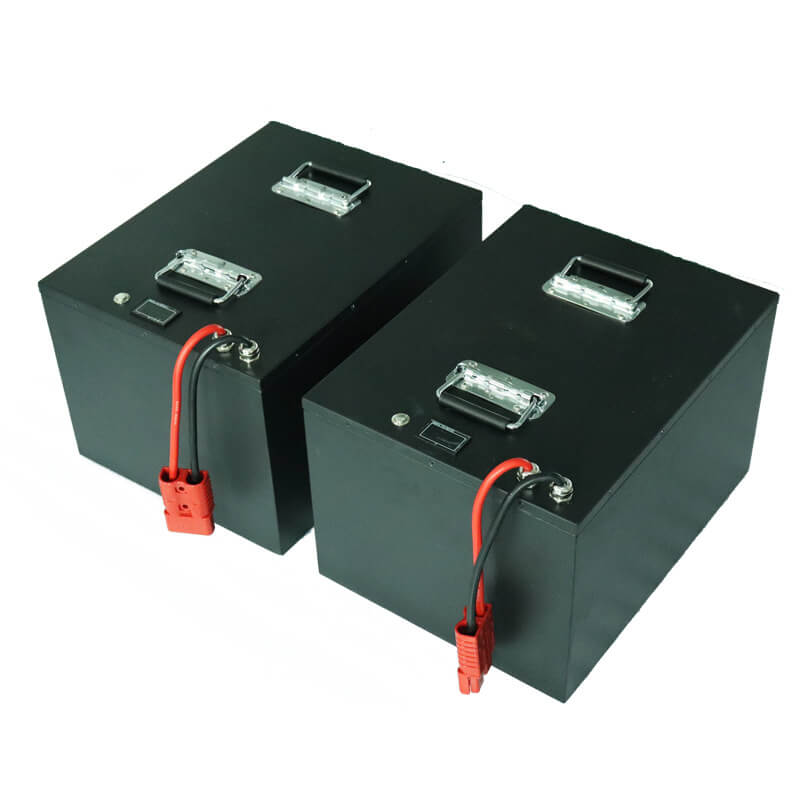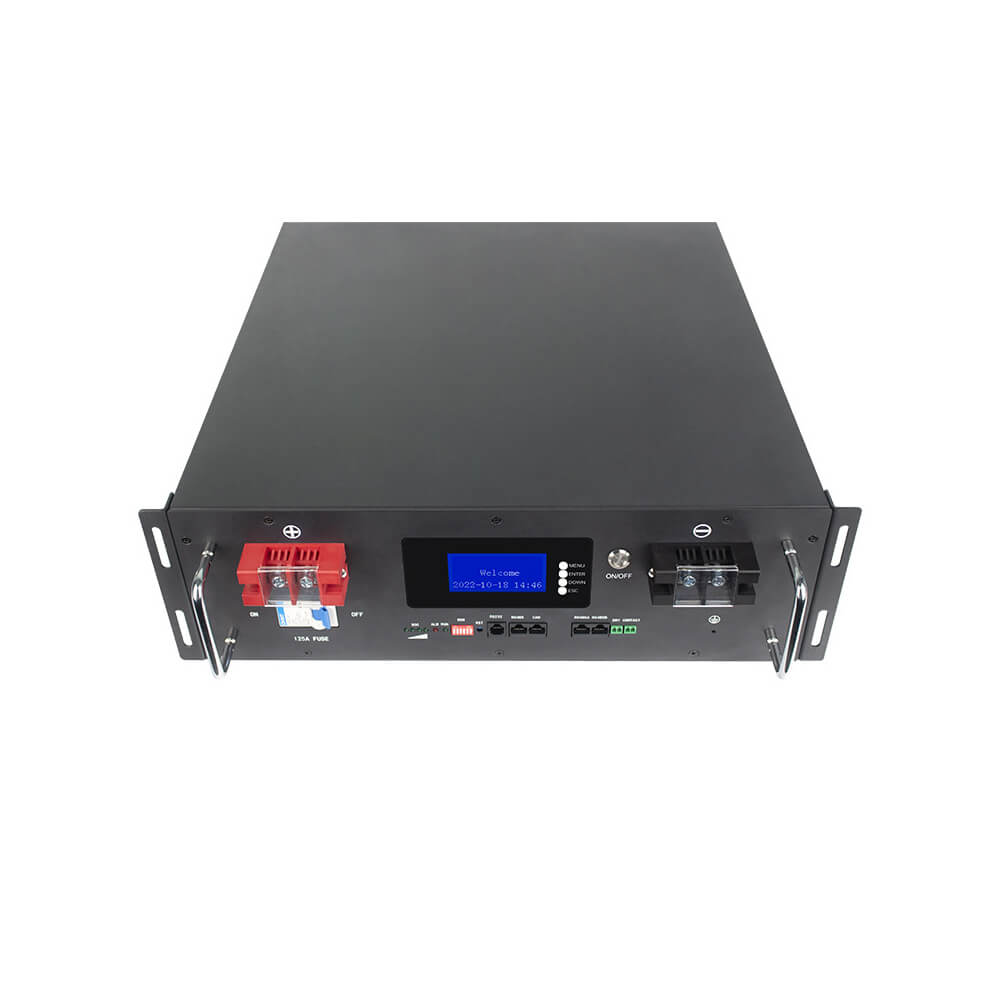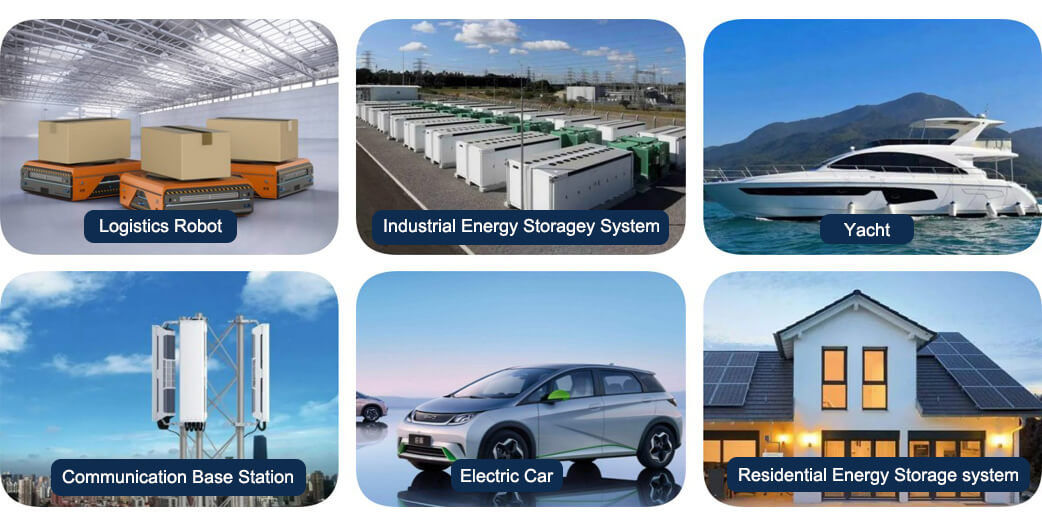Comparison of Lithium Iron Phosphate and Lithium Ion Batteries
What are the specifications of lithium iron phosphate batteries:
Lithium iron phosphate batteries are a type of lithium-ion battery that is widely used in electric vehicles,energy storage systems,and other applications.The following are some common specifications of lithium iron phosphate batteries:
Voltage:The nominal voltage of Li-FePO4 battery is usually 3.2 V. Higher voltage can be realized by connecting multiple cells in series,such as 6.4V,12.8V,25.6V,etc.
Capacity:The capacity of LiFePO4 battery is usually described in units of Ampere-hour(Ah).Common capacity specifications include 10Ah,20Ah,30Ah,etc.The specific capacity can vary according to the application requirements.
Size and Weight:The size and weight of LiFePO4 batteries vary depending on their capacity and design. Generally speaking, larger capacity batteries will be bigger and heavier,while smaller capacity batteries are relatively smaller and lighter.
Cycle life:Li-FePO4 batteries typically have a long cycle life and can withstand thousands of charge/discharge cycles, which makes them popular in applications that require high cycle stability,such as electric vehicles and energy storage systems.
Charging Characteristics: Li-FePO4 batteries have relatively smooth charging characteristics and usually require a long charging time.The charging process requires strict control of voltage and charging rate to ensure the safety and reliability of the battery.
Safety:Lithium iron phosphate batteries have higher safety than other types of lithium-ion batteries,because of its stable chemical composition,not prone to thermal runaway or explosion and other safety issues.
Lithium iron phosphate batteries have high cycle life,stable charging characteristics and high safety,suitable for electric vehicles,energy storage systems and other applications that require high cycle stability and safety.
Lithium iron phosphate battery capacity:
The capacity of lithium iron phosphate batteries is usually described in terms of ampere hours(Ah).The capacity of these batteries can vary depending on the needs of different applications,with common capacity specifications including 10Ah,20Ah,30Ah,and so on.Larger capacity batteries are usually used in applications that require longer range or longer usage time,such as electric vehicles,energy storage systems,etc.,while smaller capacity batteries are usually used in some portable devices or low-power applications.When selecting Li-FePO4 batteries,the required capacity needs to be determined based on specific application requirements and design parameters.
Comparison between lithium iron phosphate and lithium ion batteries:
Lithium iron phosphate(LFP)and lithium ion(Li-ion)batteries are both common types in modern battery technology,and they each offer a range of features and advantages.The following is a comparison between them:
1.Chemical composition:
Lithium Iron Phosphate(Li-ion)batteries:made of lithium iron phosphate as the cathode material,they offer high safety and stability.
Lithium-ion battery:Common lithium-ion batteries usually use lithium cobaltate,lithium manganate or lithium iron phosphate as the cathode material,but there are also other types of lithium-ion batteries.
2.Life span and cycle times:
Lithium iron phosphate batteries:usually have a longer cycle life,up to thousands of cycles.
Lithium-ion batteries:usually have a shorter cycle life,usually between hundreds and thousands of cycles.
3.Safety:
Lithium Iron Phosphate(Li-FePO4)batteries: Due to their high chemical stability,Li-FePO4 batteries are relatively safe and less prone to thermal runaway or explosion.
Lithium-ion batteries: certain types of lithium-ion batteries,especially those containing lithium cobaltate,may pose safety risks and may experience thermal runaway under abnormal conditions.
4.Density and power:
Lithium iron phosphate batteries: relative to lithium-ion batteries,lithium iron phosphate batteries have a lower energy density,but usually have a higher power density.
Lithium-ion batteries: Lithium-ion batteries usually have higher energy density,so they can store more energy in the same volume or weight.
5.Cost:
Lithium Iron Phosphate batteries: usually have a lower cost,especially considering their longer life and higher safety.
Lithium-ion batteries:cost varies by model,brand,and market supply and demand,but in general,lithium-ion batteries can be more costly.
6.Environmental friendliness:
Lithium Iron Phosphate Battery: Lithium Iron Phosphate batteries are relatively environmentally friendly because they do not contain heavy metals such as nickel and cobalt.
Lithium-ion batteries:The production process of some lithium-ion batteries may generate environmental pollution,and special attention is needed to prevent environmental pollution when disposing of waste batteries.
Lithium Iron Phosphate and Lithium Ion batteries each have their own advantages,and the choice depends on the specific needs of the application. If safety and longevity are key factors,and the energy density requirement is not very high,then lithium iron phosphate batteries may be a better choice.However,if high energy density and a lighter battery weight are required,then lithium-ion batteries may be more suitable. Cost,environmental friendliness, and other application-specific needs should also be considered when selecting a battery.

 简体中文
简体中文 Russian
Russian French
French German
German Japanese
Japanese Korean
Korean Arabic
Arabic Spanish
Spanish